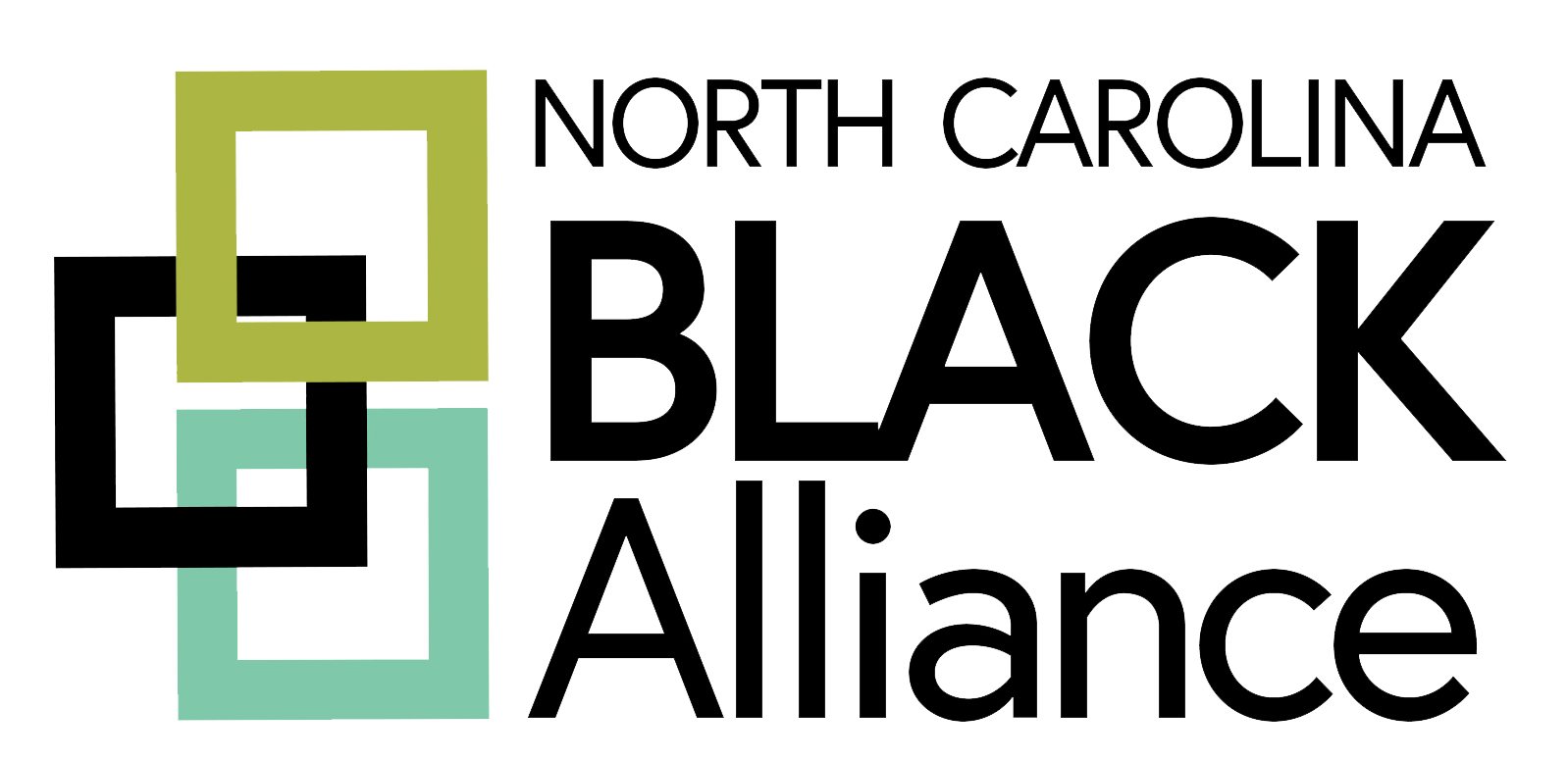Voters’ power to pick spots, prioritize environmental policies
CHICAGO — As categories go, identity politics isn’t inclusive enough.
Environmental politics keep getting left out.
It’s enough to make a globally conscious voter want to go burn something — sustainably, of course.
The upcoming presidential election presumably is about the economy, housing, reproductive rights, immigration and the Israeli-Palestinian conflict. Those things. And the war in Ukraine.
“Polls often fail to ask environmentally related questions,” Tony Bartelme said during a panel discussion at the National Association of Black Journalists Convention & Career Fair in early August.
Bartelme is senior projects reporter at The Post and Courier newspaper in South Carolina. He was a Pulitzer Prize finalist for his team’s work investigating water levels there in Charleston. A veteran journalist who has produced several award-winning environmental reporting projects around the globe, Bartelme would tell you environmental politics — while not the sexiest of issues — ought to be a bullet point on everybody’s political agenda.
“That needs to be part of the discussion because it gets at so many other issues — health, racism, injustice,” Bartelme said. “This feels like a really important time to have discussions about politics and the environment. They’re interlinked, and there’s hardly any discussion about the environment on the national stage these days.”
Chad Martin is an environmental justice policy strategist for North Carolina Black Alliance. In July at Johnson C. Smith University in Charlotte, North Carolina, he gathered with students from historically Black colleges and universities from across the state to get them to wrap their minds around harmful forever chemicals in the water they drink, in the fish they eat. Martin explained food deserts and food insecurity.
“We have heard that freedom is on the ballot this year, but what you have not heard is that our existence is on the ballot,” Martin said. “We have a responsibility to vote for people who are going to address the environmental issues that are hurting our communities on a daily basis. We cannot sit at home and leave our future to chance as our very existence is on the ballot.”
It’s mid-August, and protestors at the Democratic National Convention are demanding an end to the war in Gaza. They are setting the agenda by putting politicians on blast. Globally conscious folks have similar power to add to that agenda by probing politicians about where they stand on earthly matters, Bartelme suggested.
“The first thing we’ve got to do is ask them,” Bartelme insisted.
The decision to host the Republican presidential candidate for a question-and-answer session during the NABJ convention sparked significant discussion earlier this month, much of the debate about giving a platform to a figure who has had a contentious relationship with some members of the press, particularly journalists of color. In so doing, Black journalists and voters alike missed an opportunity to frame an environmental agenda, according to New Orleans Public Radio reporter Halle Parker.
“There was no question about climate change,” Parker said. ”But [he] did bring up something that relates to climate change in terms of ending the interview talking about ‘drill, baby, drill,’ right? So that’s something that you challenge him on — and other politicians and officials on — and actually nail down an answer and say, ‘Those things — encouraging oil and gas production in the U.S. — do perpetuate this issue.’ So talk to them about what their plan is for phasing that out and making sure we’re following the Paris Climate Accord because, right now, the U.S. is the world’s largest exporter of oil and gas and the largest producer, more than Saudi Arabia.”
Parker’s reporting over the years has included environmental justice and coastal land loss in Louisiana.
